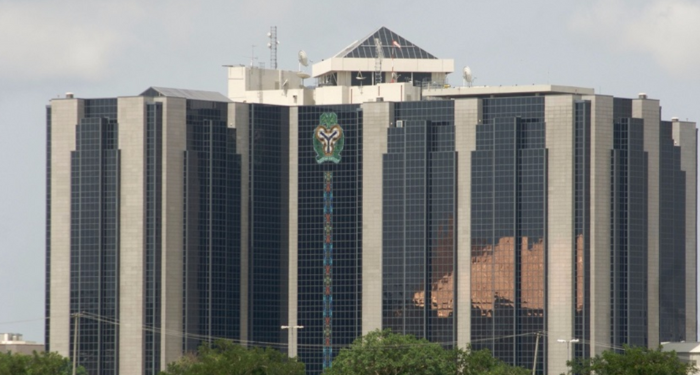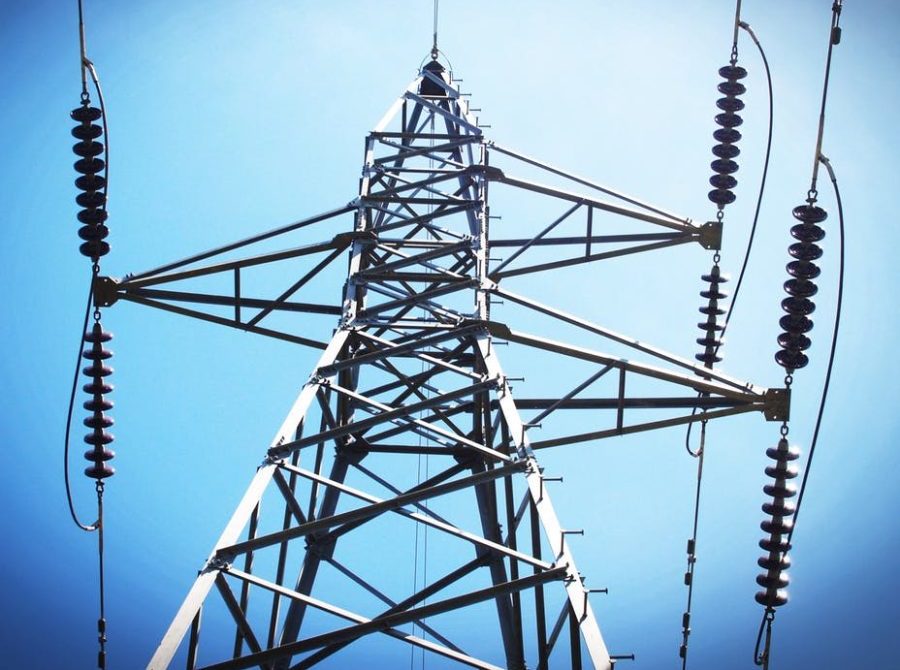The Acting Director, of the Banking Supervision Department of the Central Bank of Nigeria (CBN), Dr Adetona Adedeji, has affirmed the bank’s decision to prioritize combating inflation over tackling rising unemployment rates.
He said this on the second episode of the CBN Talk podcast, which was uploaded to the bank’s YouTube page on Friday.
During his talk, Adedeji emphasized that the central bank’s primary goal is to curb inflation, acknowledging the potential for impacts in other areas.
He said:
- “The ultimate objective is for us to combat inflation. That is exactly what the central bank is doing today. Whatever it takes to fight inflation, we are going to do that. It may have some impact in some area.”
We can’t fight two things at the same time
Adedeji further explained the difficulties of simultaneously addressing both inflation and unemployment.
He underscored the importance of prioritizing inflation control, suggesting that managing inflation effectively leads to more stable conditions for discussing economic growth.
He said:
- “We can’t fight two things at the same time. There will be trade-offs. If you are fighting inflation, you can’t fight unemployment at the same time. Even if you fight unemployment, it cannot be up to the desired level. So, you have to choose: either you fight inflation or you fight unemployment. They two are macro-economic objectives that are very critical to the development of the economy.
- “But we are saying if we are talking of economic growth, it is because the economy is still relevant and available that is why you are talking of economic growth. But if you look at an economy that inflation has killed, you will not even talk of economic growth.
- “So, it is very important we concentrate and fight inflation. By the time we bring inflation down, we start talking of economic growth.”
The CBN’s decision reflects a strategic choice in policy direction, focusing on stabilizing the economy’s general price levels before addressing job creation and unemployment issues. This approach indicates the bank’s commitment to ensuring long-term economic stability and growth by first tackling the more immediate threat of inflation.
What You Should Know
- Nigeria’s inflation rate increased to 33.2% in March 2024. This represents 1.5% points increase from the 31.7% recorded in February 2024. The increase in the inflation rate in March was slower compared to the 1.80% increase recorded in February 2024.
- Inflation in March was driven by increase in food and beverages coupled with energy and housing costs.
- Also, Nigeria’s unemployment rate surged to 5.0%, by the third quarter of 2023, marking a notable increase from the 4.2% recorded in Q2 2023. Among men, the unemployment rate stood at 4.0%, while among women, it was 6.0%.
- Geographically, urban areas reported a 6.0% unemployment rate compared to 4.0% in rural regions. Youth faced a particularly high unemployment rate of 8.6%.


















